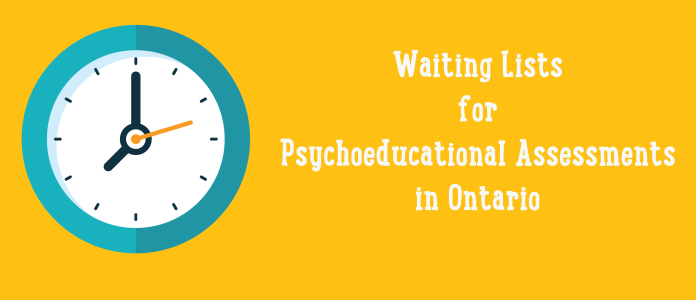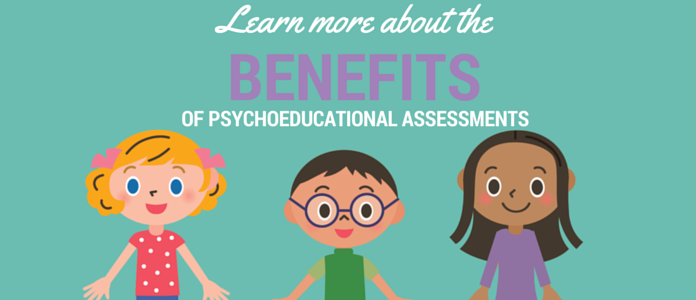In May 2013, People for Education released their annual Report on Ontario’s Publicly Funded Schools. The report presented the following challenges with regards to waiting lists for psychoeducational assessments:
Despite clear evidence about the importance of early intervention to help students overcome their learning difficulties, 62 some students are waiting as long as three years for appropriate support. Each step in the process can involve delay. Principals report waiting lists for assessment, IPRC meetings, and provision of services. In all, an estimated 38,000 Ontario students are on special education-related waiting lists. This number has increased for the last two years after several years of falling from a high of 46,000 in 2000/01. The majority of students are waiting for assessments, and these waits can produce significant stress. As one principal commented, “We desperately need psycho-educational assessments to be completed faster—a 3 year waiting list is unacceptable for students not considered ‘extreme’ at risk.”

The Need for Qualified School Psychologists
Having been the Chief Psychologist for 15-years for the Peel District School Board in Ontario, I am well aware that there are many many children who desperately need a good psychoeducational assessment so that appropriate interventions at school and at home can be provided. It is best that those assessments be provided by school psychologists who are knowledgeable of the resources available. One of the reasons for the above waiting list statistics is that, unfortunately, successive governments have been unwilling/unable to provide the funds required for those psychologists. There are also not enough qualified school psychologists available in Ontario to take those positions – there have regularly been approximately 40 school psychologist positions available in Ontario that go unfilled, especially in the areas outside of the large cities.
Public vs Private Funding for Psychoeducational Assessments
It is also often the case that the students who do manage to get the available psychoeducational assessments and bypass waiting lists are of parents who have the education and skills to advocate and ‘make things happen’ at the school level. Parents of those children who are most in need do not have those skills and/or connections. So, if more parents who have the means and/or extended health benefits knew that they could receive high quality services privately, that would free up school based psychological services for the students whose parents need the government supported services.
Who Needs a Psychoeducational Assessment?
Students who need special education services, and a psychoeducational assessment to guide those services, are not just students of low-income parents. Students with a learning disability, attention deficit hyperactivity disorder (ADHD), autism spectrum disorder and social/emotional difficulties are found at all levels of society. Psychoeducational assessments are a good investment for children of any social class, economic status or race because they provide a detailed analysis of cognitive, academic and emotional strengths and weaknesses that offer directions for the child’s future development and required support.
– Dr. Edward Blackstock

